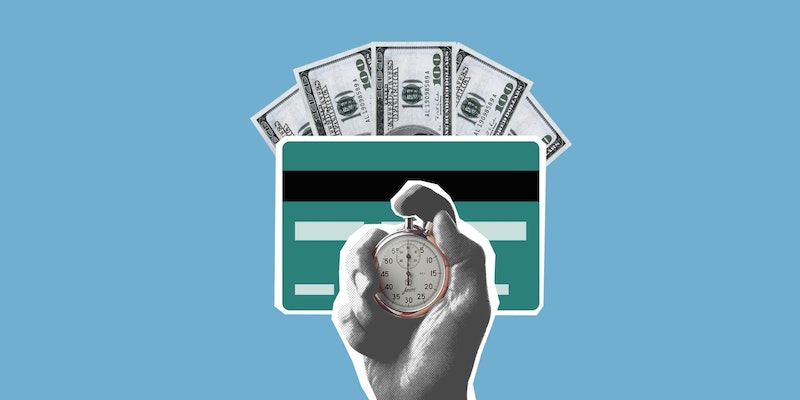If you recently transitioned to adulthood, applying for a credit card is probably among the top five things you look forward to. In most countries, a person is eligible to obtain a personal credit card as soon as they turn…
Category: Credit Guide
A high CIBIL score has a plethora of advantages. This is a 3-digit figure that reflects your creditworthiness, that is, your ability to repay a loan. It can be either in general terms or with respect to a particular financial…
What do buying a car, applying for a student loan and renting an apartment have in common? They all access your credit report and score to determine your “creditworthiness.” Now more than ever, it’s vital to check and maintain your…
Credit unions are popular for several reasons. They have a personalized approach with a member-centric model. You are both the customer and owner here. This lets you enjoy lower charges as well as interest rates on loans. You can also…
The Citi Custom Cash Card is the ideal credit card for those who need an all-around cash bonus. The Citi card is perfect for cash-back rewards junkies. The Citi card also provides a cash bonus program for those who prefer…
It’s essential to keep your information secure when you’re making purchases online. Cyber security is a significant threat, and identity theft is a severe problem. If you have concerns about these issues, you may be wondering if PayPal is a…
During your retirement years, your goal is to enjoy every day to the fullest, not worry about financial issues or mistakes you’ve made in the past. The last thing you want is to stress constantly over debt. Unfortunately, debt is…
There are loads of services in today’s world which involve going through credit checks. When you buy a new insurance package, try to get a credit card, and even when you have to change over to a new utilities provider,…



